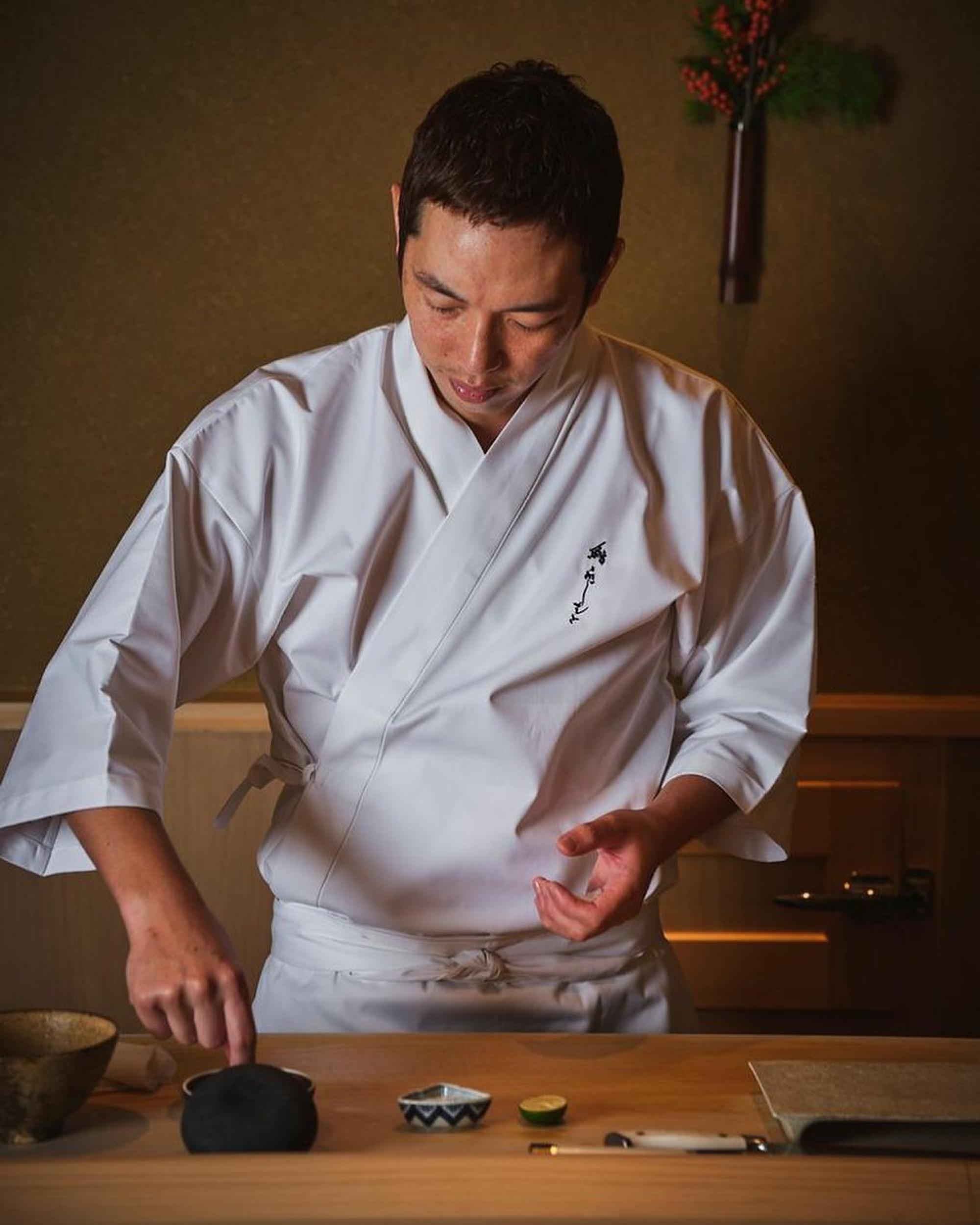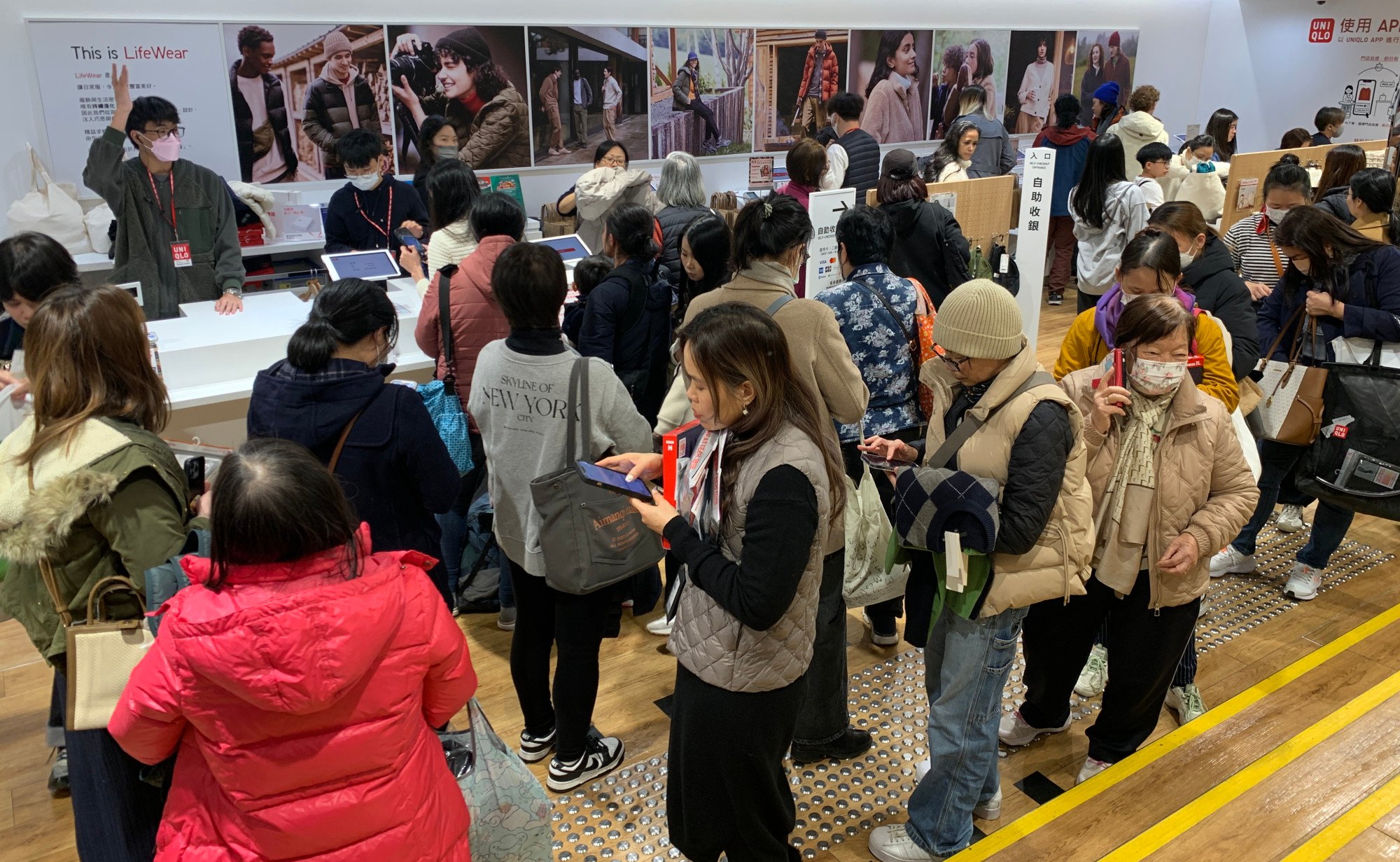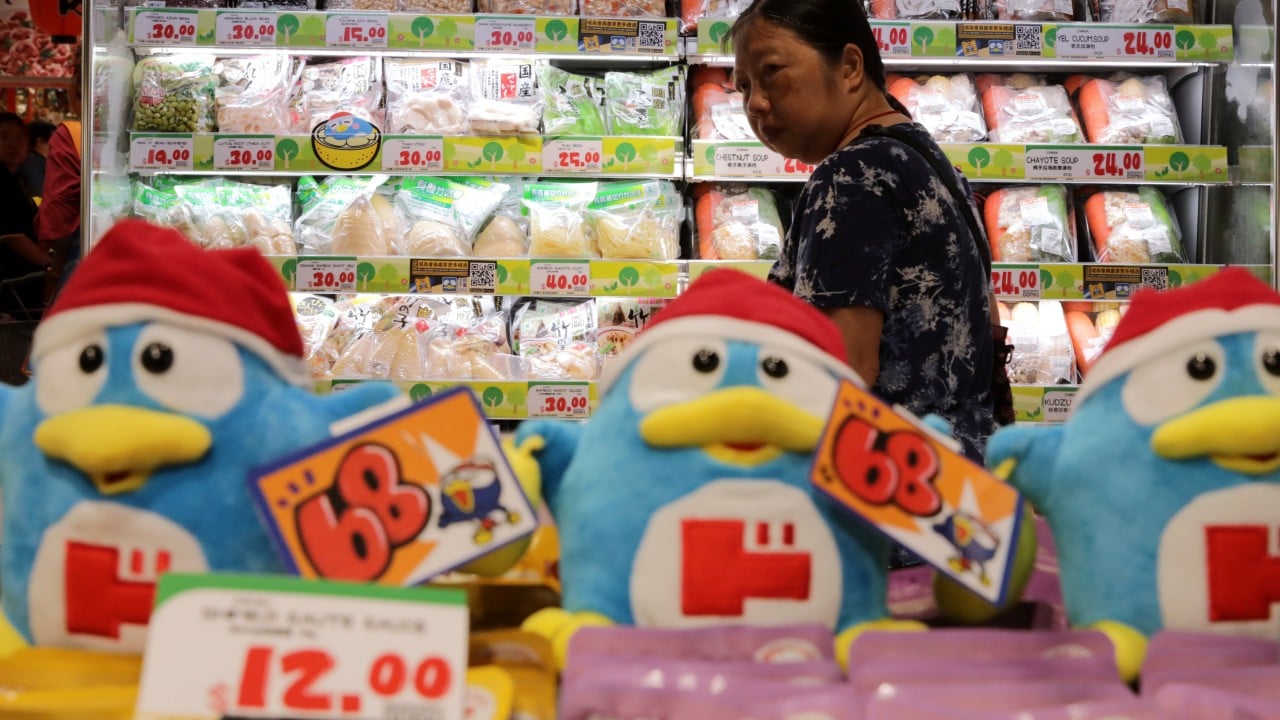Japanese firms snap up retail spaces in Hong Kong, making the most of city’s low rents and residents’ fondness for country’s brands
More Japanese brands and retailers are likely to occupy shops in Hong Kong this year, drawn to the city’s more reasonable retail rents, as well as Hongkongers’ affection for anything related to the land of kawaii and sushi.
Over the past two years, Japanese businesses have been the most active among foreign firms in terms of leasing retail spaces, according to data compiled by JLL.
In 2023, for example, a third of all foreign entities that rented shops in the city were Japanese, followed by retailers from mainland China with 24 per cent, the property consultancy said. In 2022, more than half of retail leasing transactions among foreign firms were from Japan.
As of February this year, Japanese retailers were still the most active in taking up retail space in Hong Kong, making up 40 per cent of all foreign firm tenants, JLL said.
“Hong Kong people love Japanese food, and the rents are lower now than [before],” said Kenichi Fujimoto, the chef and founder of Sushi Fujimoto. He is one of the latest tenants at Basehall 2, a food court in Jardine House in Hong Kong’s Central district.
Fujimoto’s business is supporting Hong Kong’s retail property segment, which is still largely hobbled by decreased spending among locals as well as mainland Chinese tourists.

His Don Bowls & Rolls by Sushi Fujimoto offers a casual dining experience serving donburi or rice bowls, hand rolls and bar snacks that feature seafood flown in daily from Japan. It can accommodate between 12 and 16 seats, Fujimoto said. Sushi Fujimoto, his first restaurant in Hong Kong, is also located in Central, on Cochrane Street.
“I think I will open one more outlet in Wan Chai or Chai Wan, maybe in a year or two,” Fujimoto said.
Although retail rents in the top shopping districts of Central, Causeway Bay and Tsim Sha Tsui are estimated to have risen by between 5.3 and 9.7 per cent last year compared with 2022, they remain 38 to 47 per cent below their pre-pandemic levels, according to Cushman & Wakefield.
Wharf sees more struggles ahead in China after weak 2023 property sales, profit
Wharf sees more struggles ahead in China after weak 2023 property sales, profit
Vacancy rates in the four core shopping districts of Causeway Bay, Tsim Sha Tsui, Central and Mong Kok are also only likely to see a modest improvement from 9.7 per cent in the third quarter of 2023 to between 9 and 9.5 per cent in the first three months of this year, according to commercial property agent Midland IC&I.
“The interest of Japanese retailers in the Hong Kong market is driven by several factors,” said Oliver Tong, head of retail at JLL in Hong Kong. “One of the key factors is the appealing retail rents, which have dropped 71.9 per cent from a market peak in 2014 for high street shops, and 39 per cent from a market peak in 2019 for prime shopping centres.
“Additionally, local consumers in Hong Kong exhibit a strong preference for Japanese brands.”

Some of the bigger Japanese brands that have either forayed into or are expanding their footprint in Hong Kong include furniture and home retailer Nitori Holdings, which opened its flagship store in Megabox in September and is looking to open as many as 20 stores in the city. Elsewhere, Japanese discount chain Don Don Donki now has 10 stores in the city after opening its first one in 2019.
More Japanese brands are expected to come, according to InvestHK, a government agency tasked with helping foreign businesses set up and expand in the city.
“We continue to receive a good number of enquiries from Japan and are in the process of facilitating some new brands,” an InvestHK spokeswoman said.


